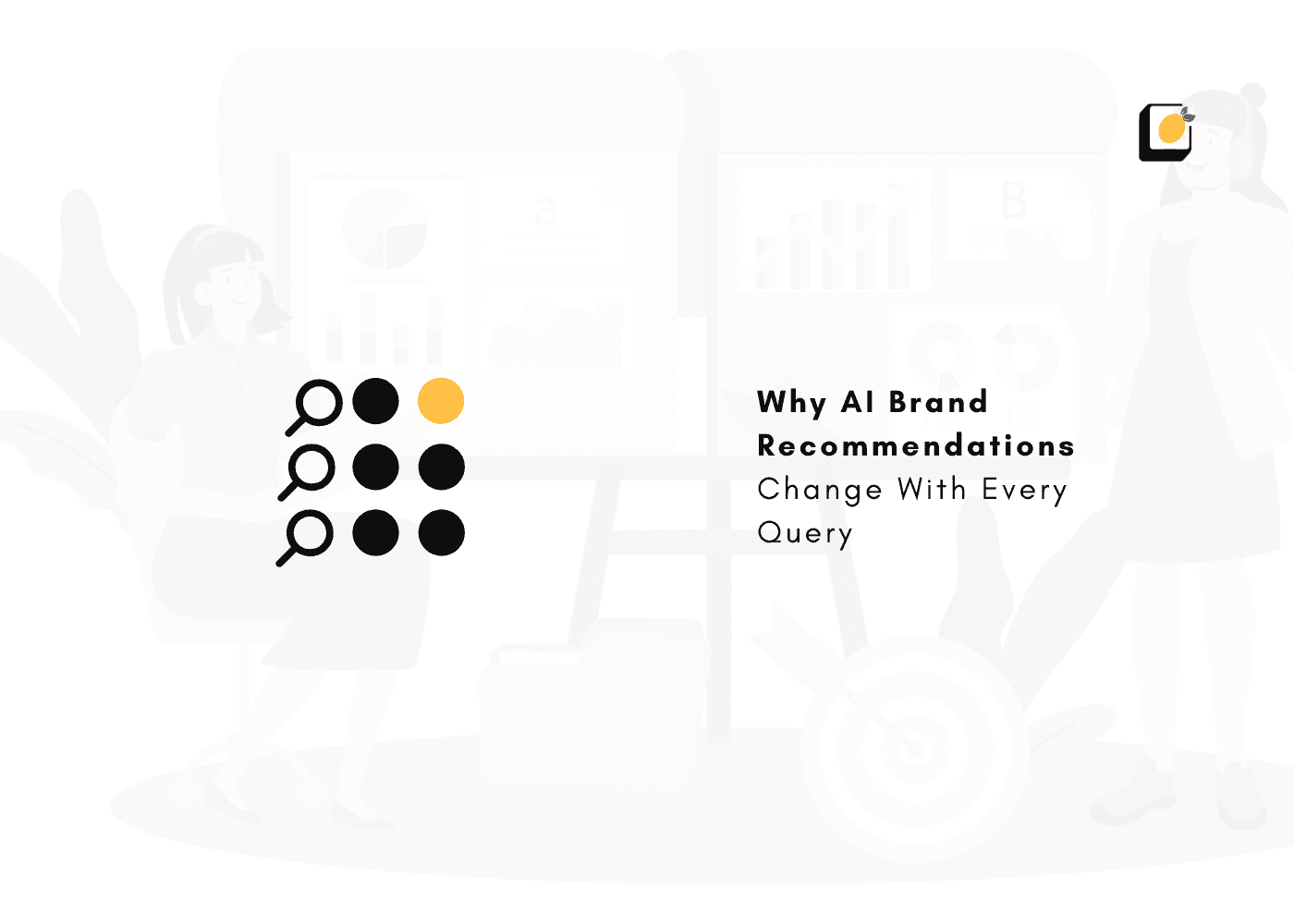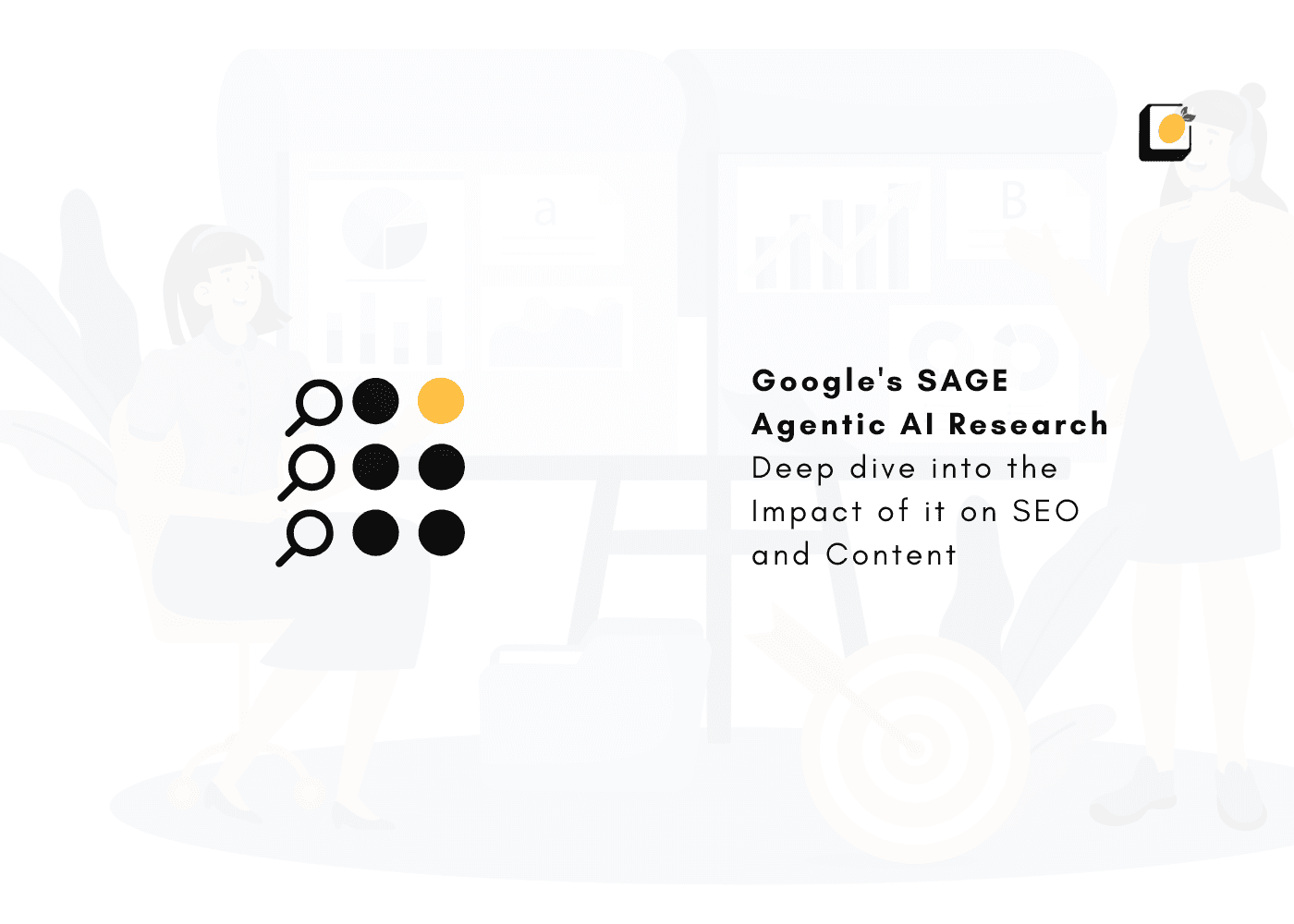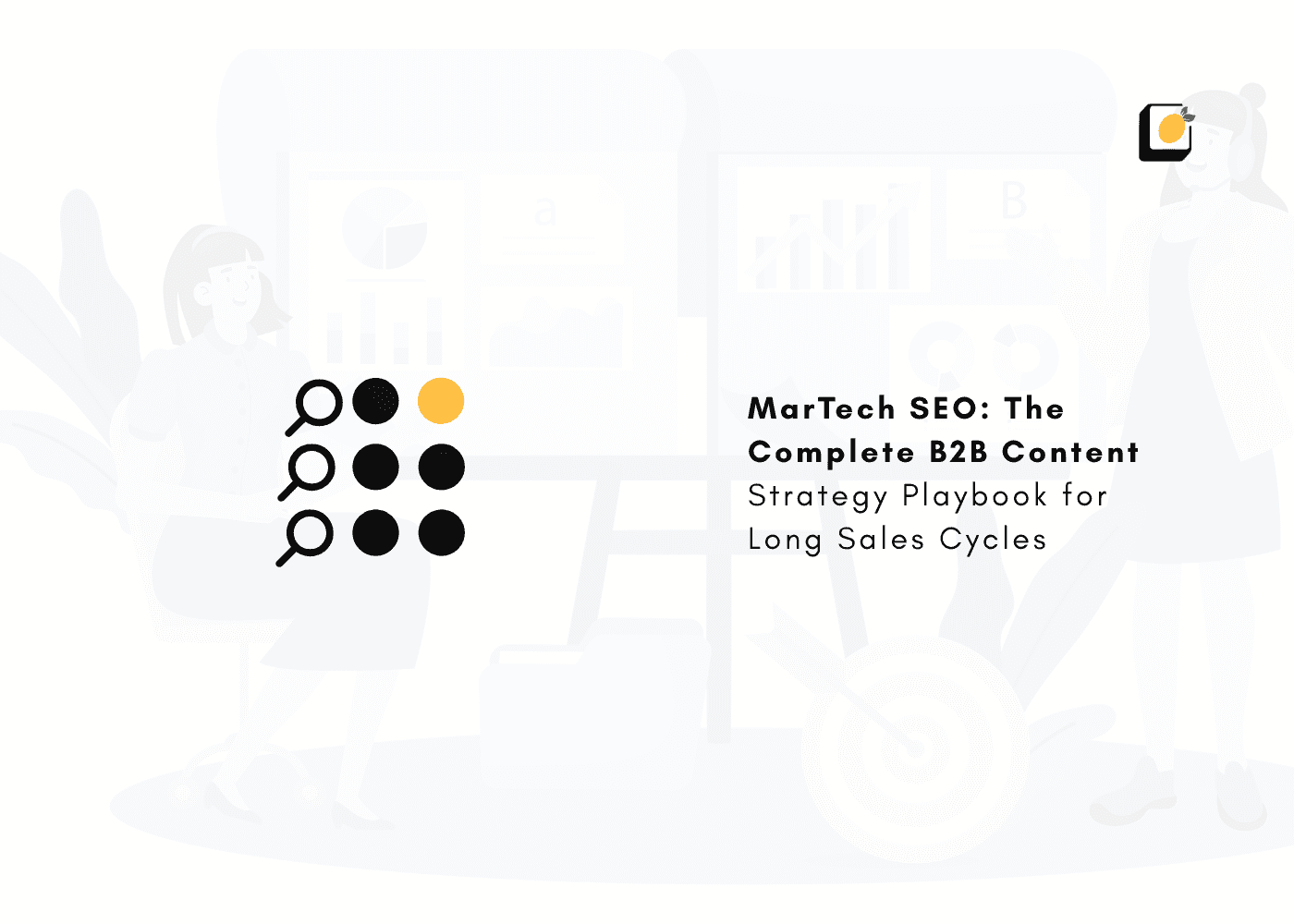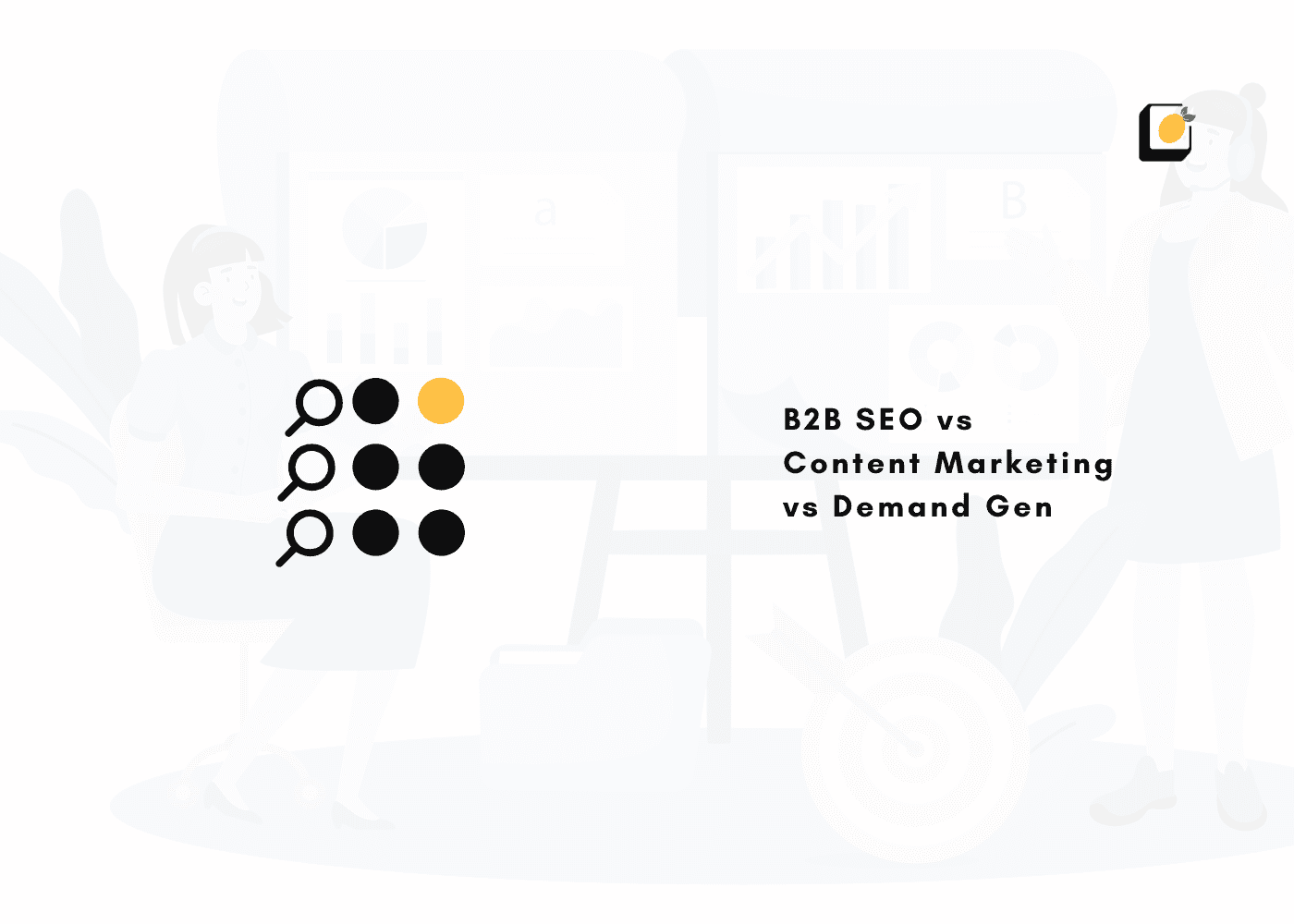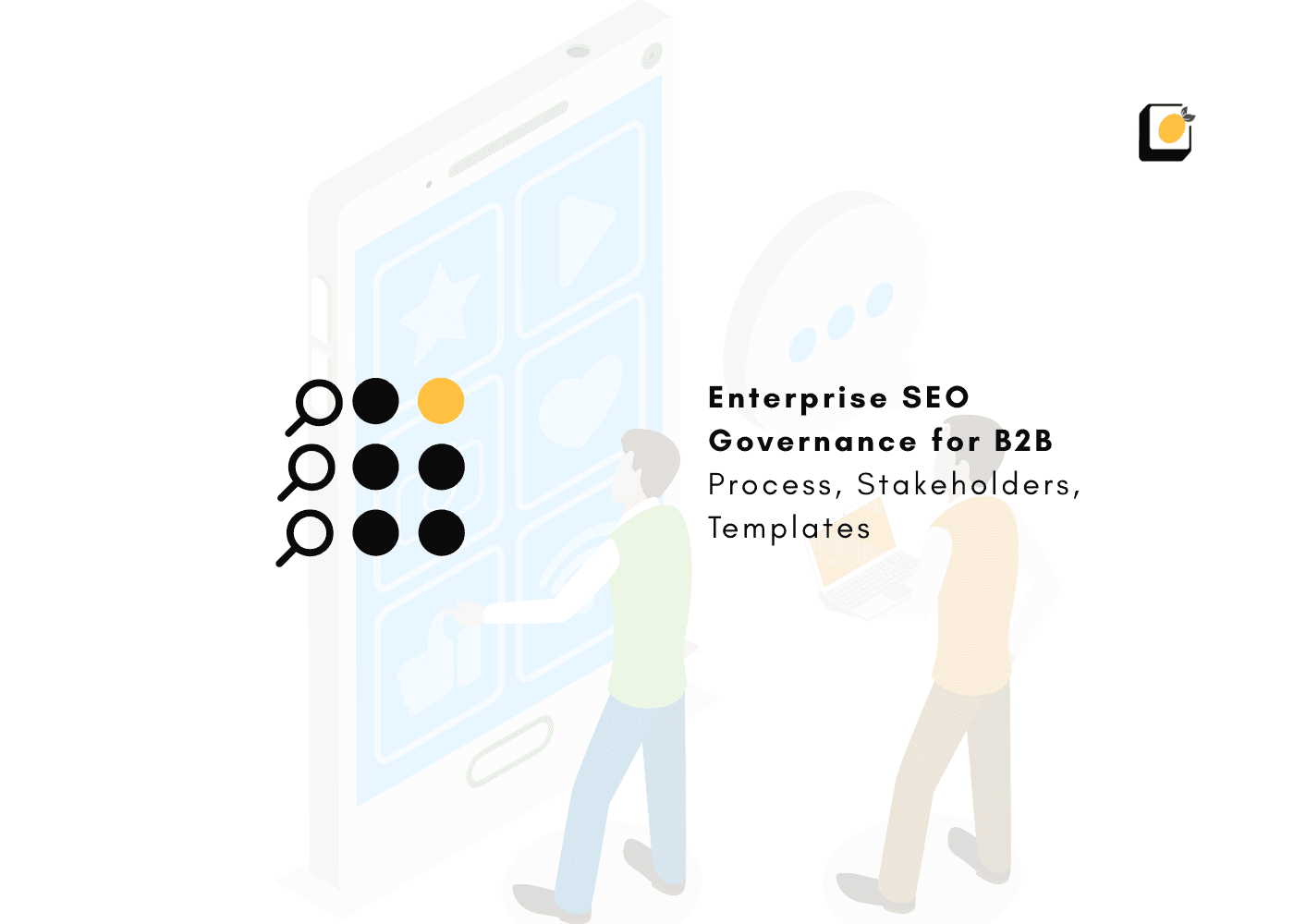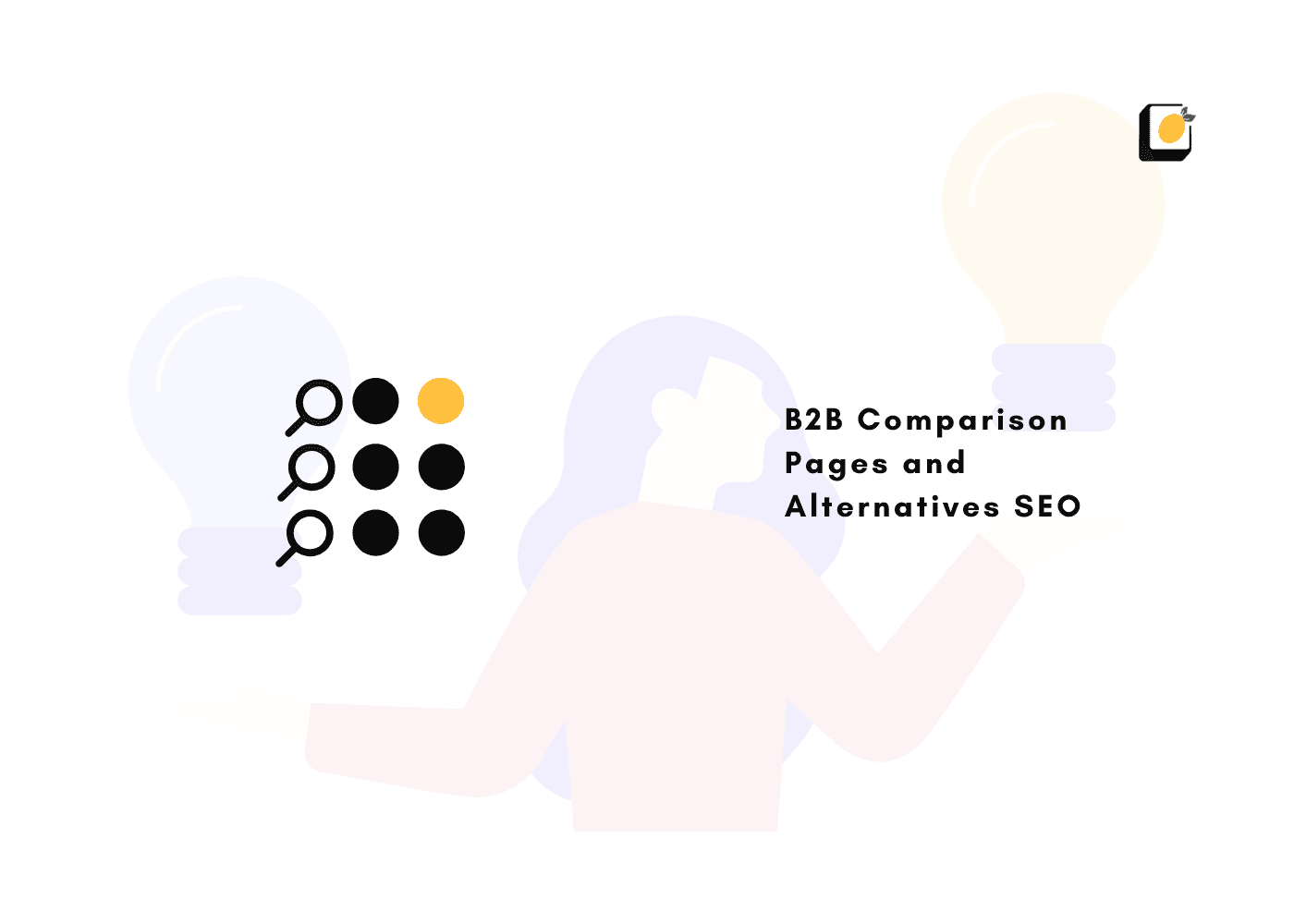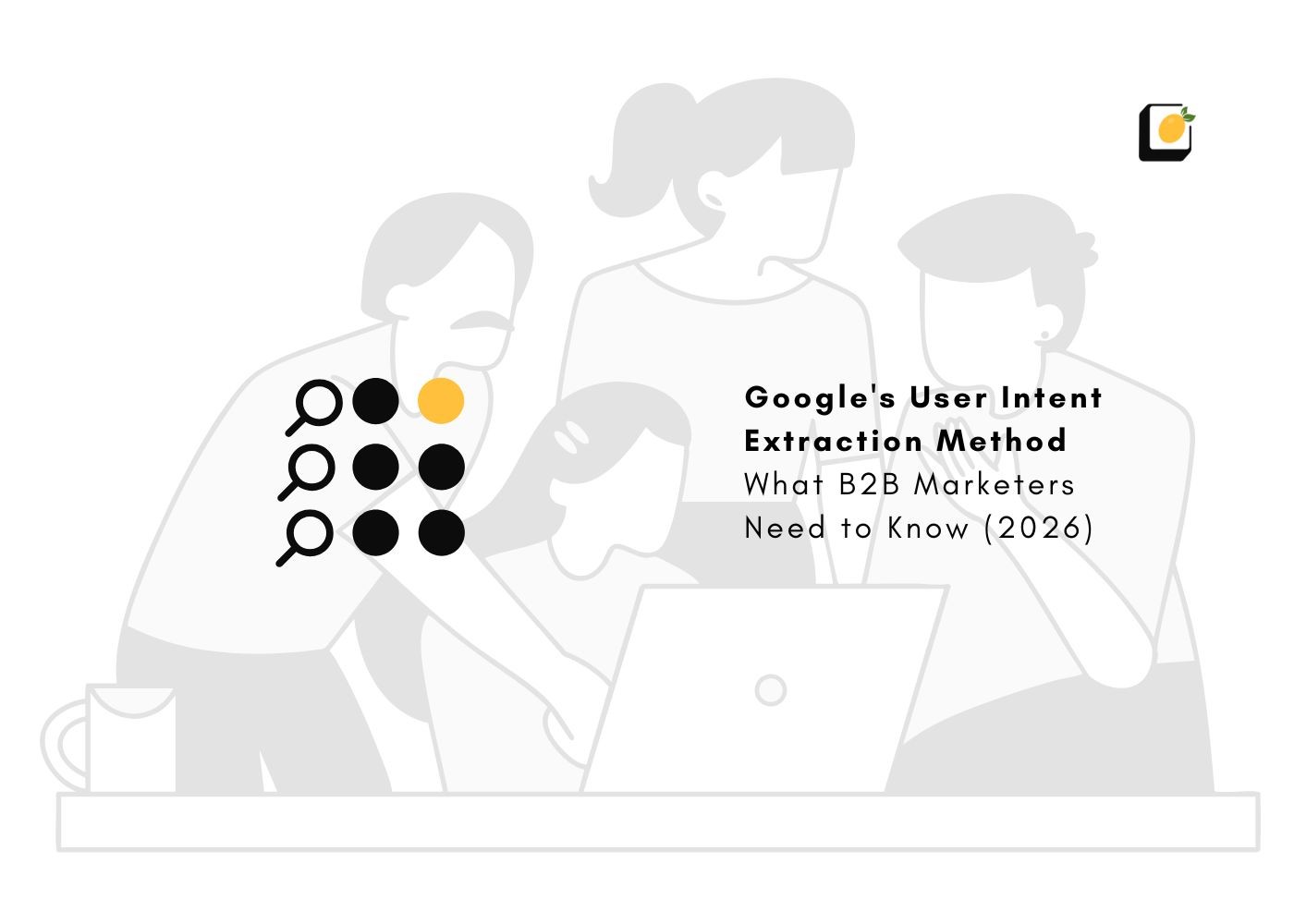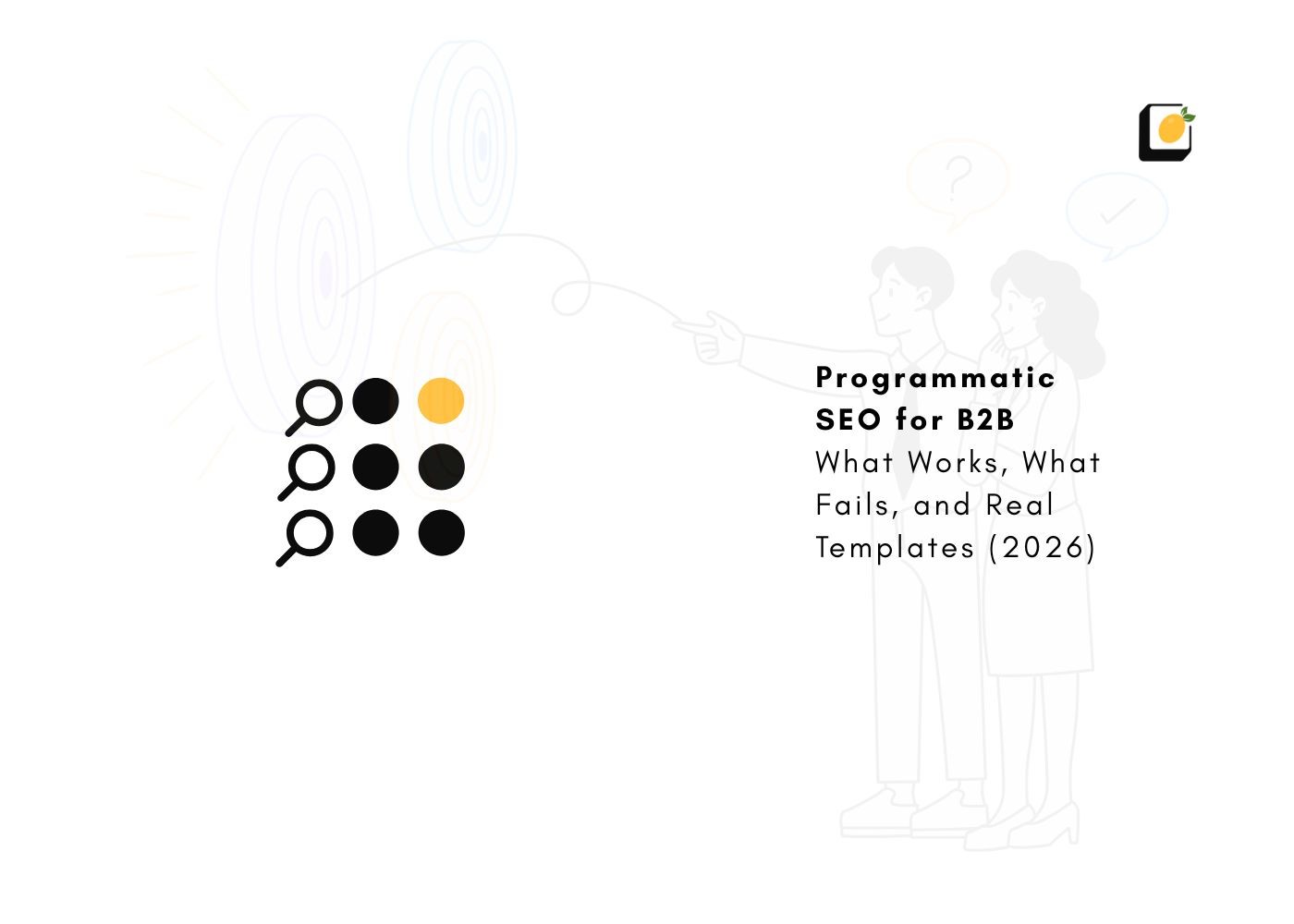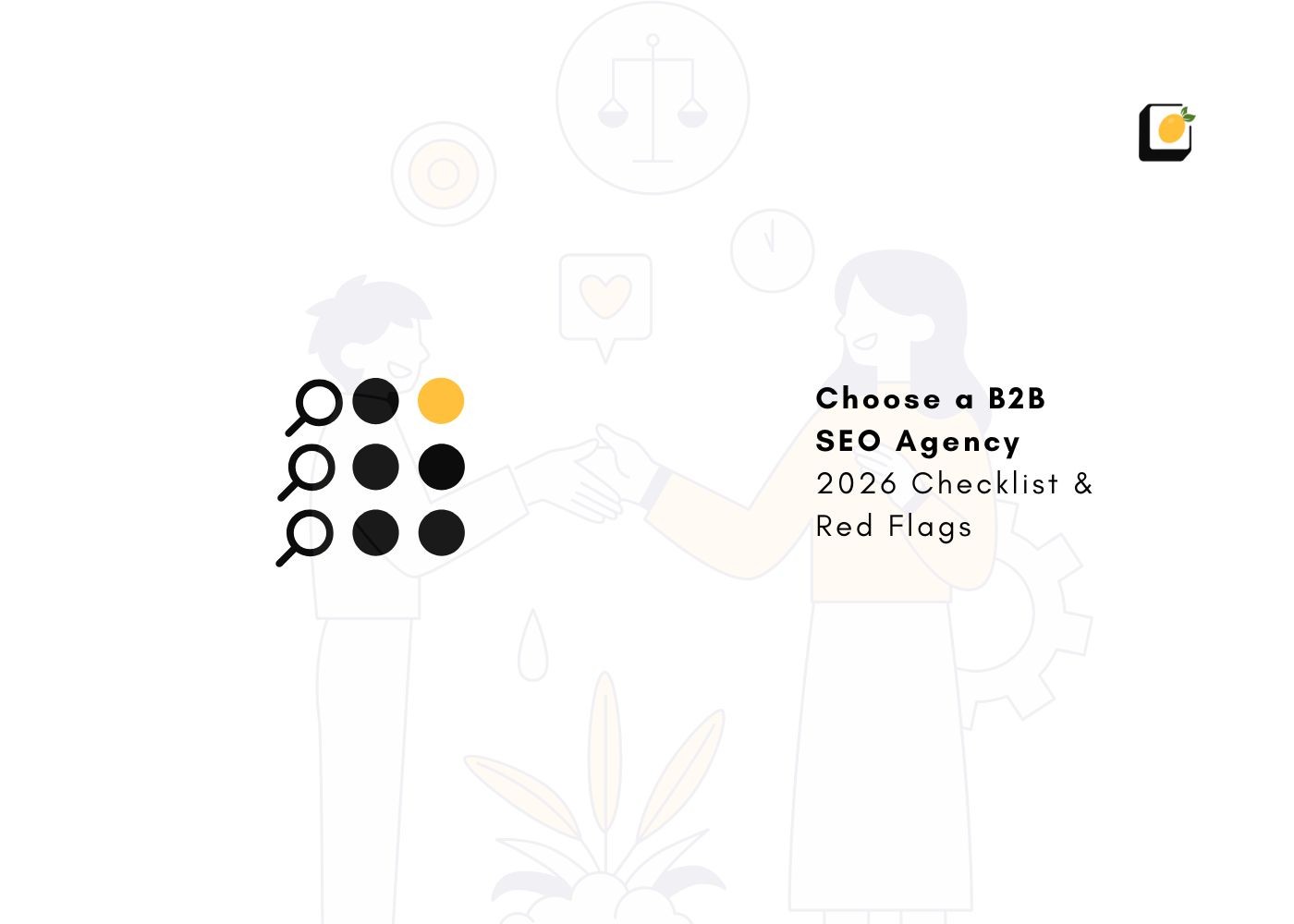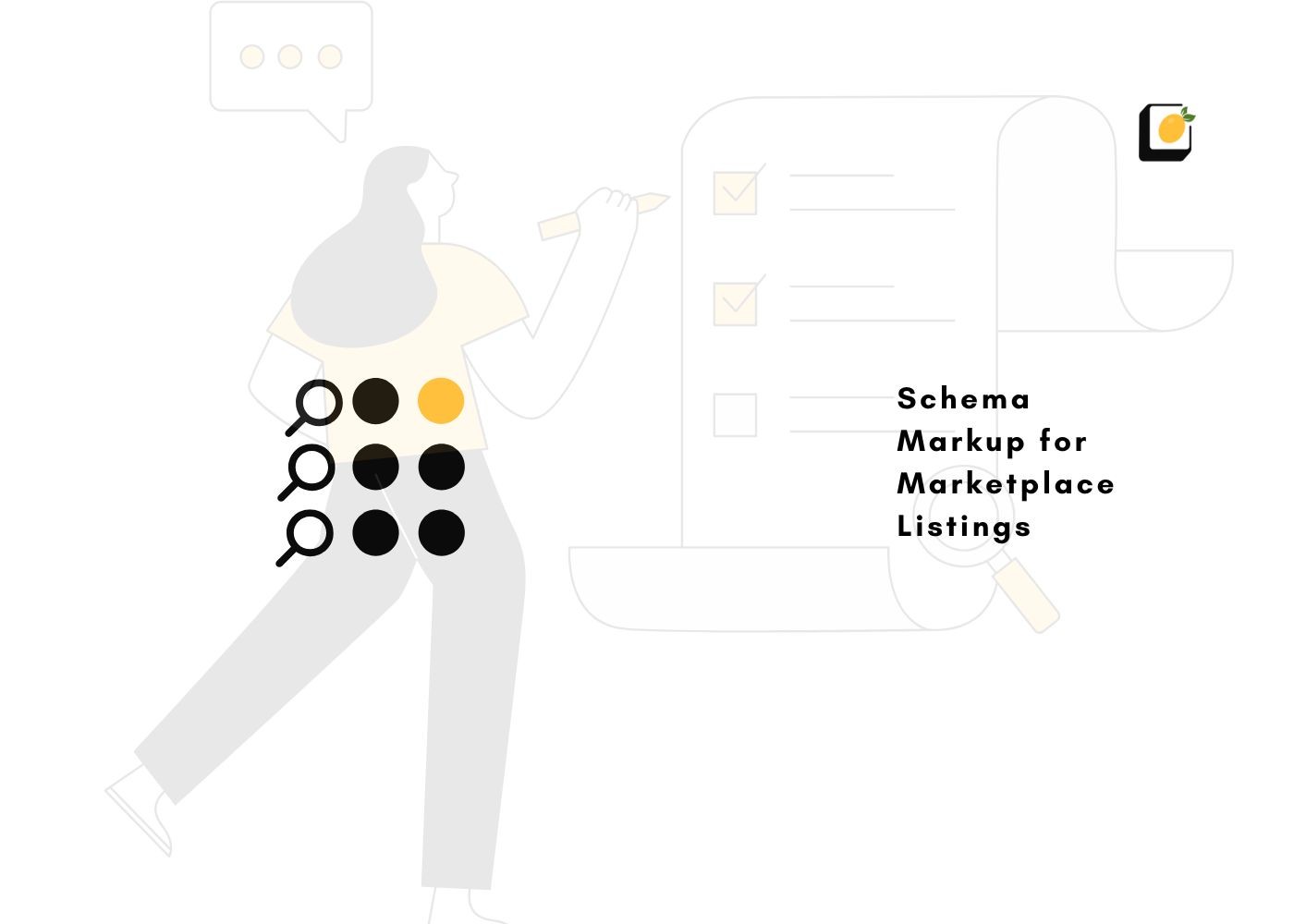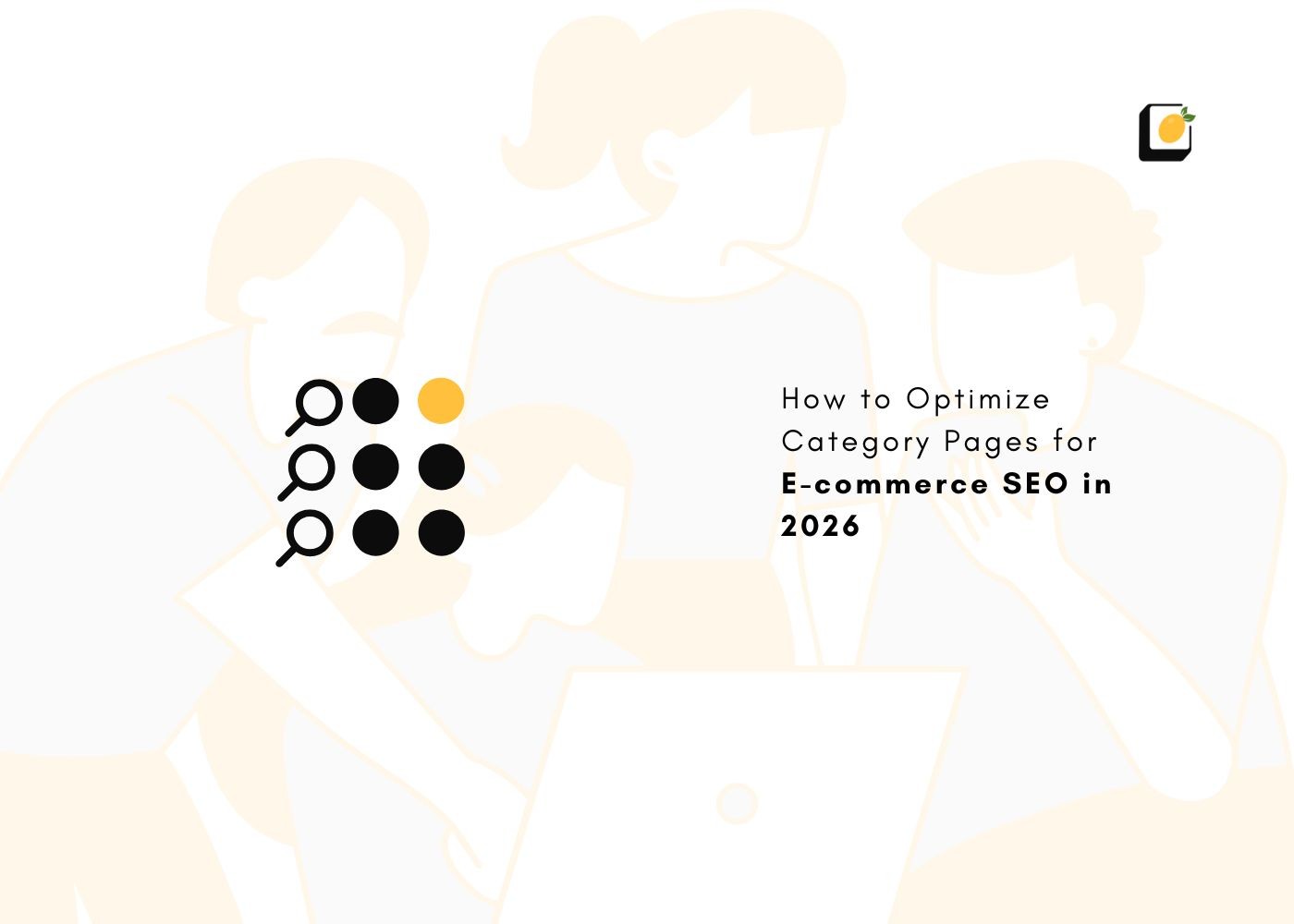Are AI Search Referrals the New Clicks? The Surprising Data
October 2, 2025
Join 500+ brands growing with Passionfruit!
Artificial Intelligence has reshaped nearly every aspect of digital marketing, and search is next. From ChatGPT to Google’s AI Overviews, millions of users are no longer clicking links the old-fashioned way. Instead, they’re discovering brands, products, and insights directly inside AI-powered summaries.
But here’s the real question marketers are asking in 2025: Are AI search referrals replacing traditional clicks?
Recent data suggests that AI search results are not just supplementing clicks, they’re changing what counts as a click entirely. As users rely on AI-generated answers, the value of being cited, mentioned, or linked inside these results is skyrocketing.
Understanding the Shift: AI Search and User Behavior
Over the last year, AI has moved from a side feature to the centerpiece of search. Platforms like Google Search Generative Experience (SGE), ChatGPT, Perplexity, and more now dominate how users discover content.
Instead of showing ten blue links, these tools summarize the web’s information into conversational answers, pulling key snippets, statistics, and citations directly into a single AI-generated response.
This shift means that visibility in AI search results, not just traditional rankings, is now crucial. Users often don’t scroll or click as before; instead, they trust the AI’s summarized information.
Passionfruit Labs, a leading AI SEO and search visibility analytics platform, has been tracking this phenomenon closely. Our insights reveal that AI referrals are already accounting for a measurable percentage of organic engagement, and for some brands, these new “clicks” are outperforming traditional traffic sources.

Current Trends in Search Queries and AI Referrals
The nature of search queries has evolved dramatically. Instead of short keywords like “best running shoes,” users now ask full questions such as “What are the most durable running shoes for trail running under $150?”
AI tools excel at answering these long-form, conversational queries, synthesizing multiple sources into one response. The result? More contextual referrals and fewer random clicks.
This behavior shift is also changing how search traffic looks in analytics tools. Many marketers are noticing more “direct” visits that actually originate from AI engines like ChatGPT or Perplexity. This hidden traffic is one of the biggest blind spots for digital teams in 2025, unless they’re tracking it with specialized tools. You can learn how to track and tag AI referrals in GA4 by reading this detailed blog.
The Impact of AI on Clicks and Traffic
Analyzing Traffic Trends from AI Search Platforms
Traffic from AI search engines is different from Google or Bing referrals. It’s smaller in volume but higher in intent. When users click through from ChatGPT or Perplexity, they’ve already seen your brand mentioned or cited within an AI summary.
That means these visits are pre-qualified, users are more likely to convert or engage deeply.
In short, while total volume may be smaller, AI search referrals deliver better engagement quality, a metric that will matter more than sheer traffic numbers in the near future.
Comparison with Traditional Clicks: What the Data Shows
Traditional search still dominates total click volume, but AI referrals are catching up fast in influence. The difference lies in how users reach your site.
Metric | Traditional Search Clicks | AI Search Referrals |
Volume | High | Medium to Low |
Engagement | Moderate | High |
CTR Predictability | Algorithm-based | Context-based |
Conversion Potential | Variable | Stronger intent |
Tracking Difficulty | Easy (UTMs, referrers) | Complex (masked sources) |
As Google integrates more AI-generated summaries into its results, the proportion of “zero-click” searches is increasing. In these cases, your brand visibility inside AI-generated text becomes as valuable as the click itself. Bain’s research finds that 80% of consumers rely on these “zero-click” results at least 40% of the time.
The Quality of AI-Generated Traffic
Are AI Referrals Leading to Higher Engagement?
Early evidence points to yes. Because AI referrals come from curated, context-rich recommendations, visitors often arrive with specific intent. They’re not browsing aimlessly, they’re following an AI’s trusted suggestion.
Marketers are noticing that AI-referred visitors spend more time exploring long-form guides, comparing products, or signing up for demos. For industries like B2B SaaS, health, or finance, where trust and authority matter most, AI traffic converts at rates that outperform even organic search. Semrush has claimed that AI Search traffic delivered 4.4x value compared to traditional search.
Evaluating User Experience with AI Search
From the user’s side, AI search delivers speed, clarity, and relevance. Instead of scanning multiple tabs, they get synthesized answers. For brands, however, this creates a challenge: they must ensure their content remains visible, correctly represented, and properly cited in AI-generated summaries.
If your site structure, schema, or data markup is unclear, AI models may skip or misquote your content entirely. In some cases, brands that publish authoritative information are seeing competitors cited instead, simply because their technical SEO wasn’t AI-ready.
Optimizing both user experience and machine comprehension is the new frontier of content strategy.
Best Practices for Optimizing Content for AI Searches
Strategies to Enhance Visibility in AI Search Results
Winning in AI search isn’t about keyword stuffing. It’s about creating content that AIs can understand, trust, and cite. Here’s how leading brands are doing it:
Structure your content clearly: Use concise headings, tables, and FAQs. AI models read these formats more effectively than dense paragraphs.
Add schema markup: Implement structured data for articles, products, and reviews. This helps AI models interpret content context.
Use citations and data-backed claims: AI prefers sources that provide evidence and statistics. Include references that can be verified.
Optimize for conversational intent: Write in a tone that matches how users ask questions, not just how they search.
Publish summaries and key takeaways: A 100-word summary at the top increases chances of being used in AI answers.
Monitor AI visibility tools: Platforms like Passionfruit Labs track which pages and keywords your brand appears for in AI search engines, giving marketers data to refine strategy.
Importance of E-E-A-T in AI Search Optimization
E-E-A-T—Experience, Expertise, Authoritativeness, and Trustworthiness, is becoming just as important in AI SEO as it is in Google.
AI engines rely heavily on signals of credibility when selecting sources. To improve your brand’s AI ranking potential:
Add author bylines and credentials to build perceived expertise.
Use reputable external backlinks to reinforce authority.
Maintain transparency about data, pricing, or medical sources.
Keep your site updated frequently to signal freshness.
AI systems value trustworthy, verifiable content. The more signals of expertise your content emits, the more likely it is to be surfaced and cited.
Conclusion: The Future of AI Search Referrals
AI search referrals represent the next evolution of organic visibility. As generative engines continue to dominate the discovery process, being cited in AI answers will soon matter as much as ranking on page one.
The data is clear:
AI referrals generate higher-quality engagement.
They build stronger trust due to contextual credibility.
Brands that track, optimize, and adapt now will have a major advantage.
Platforms like Passionfruit Labs are leading this transformation by giving marketers precise visibility into how often and where their content appears across AI-powered platforms. With real-time dashboards that measure citations, engagement, and conversions from ChatGPT and Perplexity, they’re redefining what search analytics looks like in the AI era.
In 2025 and beyond, the brands that treat AI search referrals as the new clicks, and learn to optimize for them, will own the future of digital visibility.
Key Takeaways
AI search referrals are becoming as important as traditional clicks.
Traffic from AI engines like ChatGPT and Perplexity is smaller but more engaged.
Structuring and citing content improves chances of AI citation.
E-E-A-T principles remain vital for AI-driven visibility.
Tracking AI referrals with tools like Passionfruit Labs offers competitive insight.
The future of search belongs to brands that adapt to AI-driven discovery now.
FAQs
Are Google AI Search Results Accurate?
AI search is improving but not flawless. Early tests show Google’s AI-generated answers are about 85–90% accurate, depending on topic complexity. Accuracy increases for factual and well-structured content. Brands that provide clear, verified data benefit from fewer errors or misattributions.
How Will Google Monetize AI Searches?
Google plans to introduce AI-driven ad placements within its Search Generative Experience. Instead of text ads beside search results, sponsored products may appear inside the AI summary itself. This could make being “organically cited” even more valuable, as users differentiate between ads and genuine AI recommendations.
What tools can track AI search referrals?
Platforms like Passionfruit Labs help marketers identify when their content appears in ChatGPT, Perplexity, and other AI engines, offering data on citations and engagement.
How Is AI Impacting Search?
AI is redefining search as we know it. Instead of ten results per query, users get one synthesized answer supported by multiple sources. This condenses visibility, making AI citations the new SERP ranking. For marketers, this means the focus should shift from keyword optimization to citation optimization.
Why should digital marketers measure AI visibility?
Because it reveals a new layer of organic exposure, where your content influences decisions without a traditional click, shaping perception and authority in the AI era.


